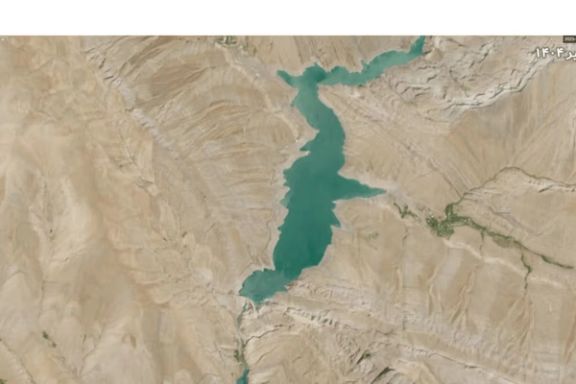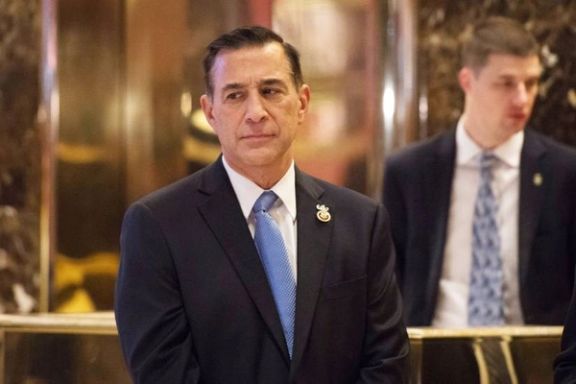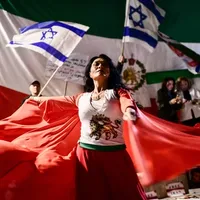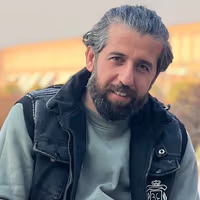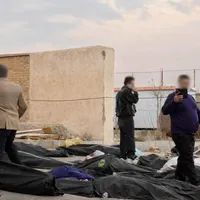The defendant, identified as Mohamed Orahhou, a Norwegian national in his 20s, was arrested in November 2024. He is accused of collecting and passing classified information that prosecutors say could damage Norway’s national security and undermine the safety of US diplomatic staff.
According to the indictment filed by Norway’s National Authority for Prosecution of Organized and Other Serious Crime, Orahhou shared a wide range of sensitive material between March and November 2023.
Orahhou allegedly passed on a classified list of couriers from Norway’s intelligence service; names, addresses, and phone numbers of US Embassy staff, diplomats, and their family members; embassy floor plans and evacuation routes; security procedures and equipment details; records of pre-booked visits; and photos of garage facilities and communications infrastructure.
Prosecutors allege that the information was handed over to Russian and Iranian agents in clandestine meetings in Norway, Serbia, and Turkey.
In exchange, Orahhou received €10,000 from Russian authorities and 0.17 Bitcoin—then worth approximately $10,000—from Iranian operatives. The indictment also includes charges of tax fraud.
According to the indictment, Orahhou attempted to conceal the payments by channeling them through family members’ and friends’ bank accounts before retrieving the funds.
Orahhou is charged under Norwegian espionage laws, which carry a maximum sentence of 21 years in prison if convicted.
Prosecutors argue that the information he passed on “violated fundamental national interests” and posed a significant security risk to both Norway and the United States.
His defense attorneys, Inger Zadig and John Christian Elden, confirmed that Orahhou acknowledges the factual elements of the indictment but denies that his actions meet the legal criteria for espionage.
“At its core, this case concerns legal interpretation—specifically, whether and to what extent the information in question was ‘classified’ under the law, and whether it was capable of harming fundamental national interests,” Zadig said in an email to the Associated Press. “If not, then sharing the information is not a criminal offense.”
“Our client did not hold a security clearance, and his access to information that could threaten vital national interests was more or less non-existent. These issues will be thoroughly addressed in court,” she added in a message to The New York Times.
Following his arrest in November, Orahhou admitted to interrogators that he had shared information with an officer from Russia’s foreign intelligence service (SVR), as well as with unidentified Iranian officials. Authorities also reported seizing a “large” volume of digital material from his home, which they are continuing to analyze.
At the time, Orahhou was also studying for a bachelor’s degree in security and preparedness at Norway’s Arctic University (UiT) and operated a private security company.
His trial is scheduled to begin on August 19 in Oslo District Court, with two weeks allotted for proceedings.
The case has emerged against the backdrop of growing concerns across Europe over a surge in espionage activities linked to Russia and Iran.
A study by the International Institute for Strategic Studies found that suspected Russian sabotage operations in Europe nearly quadrupled between 2023 and 2024.
Meanwhile, MI5 Director General Ken McCallum said in October 2024 that the UK had disrupted at least 20 Iranian-backed plots posing potentially lethal threats to British citizens.


